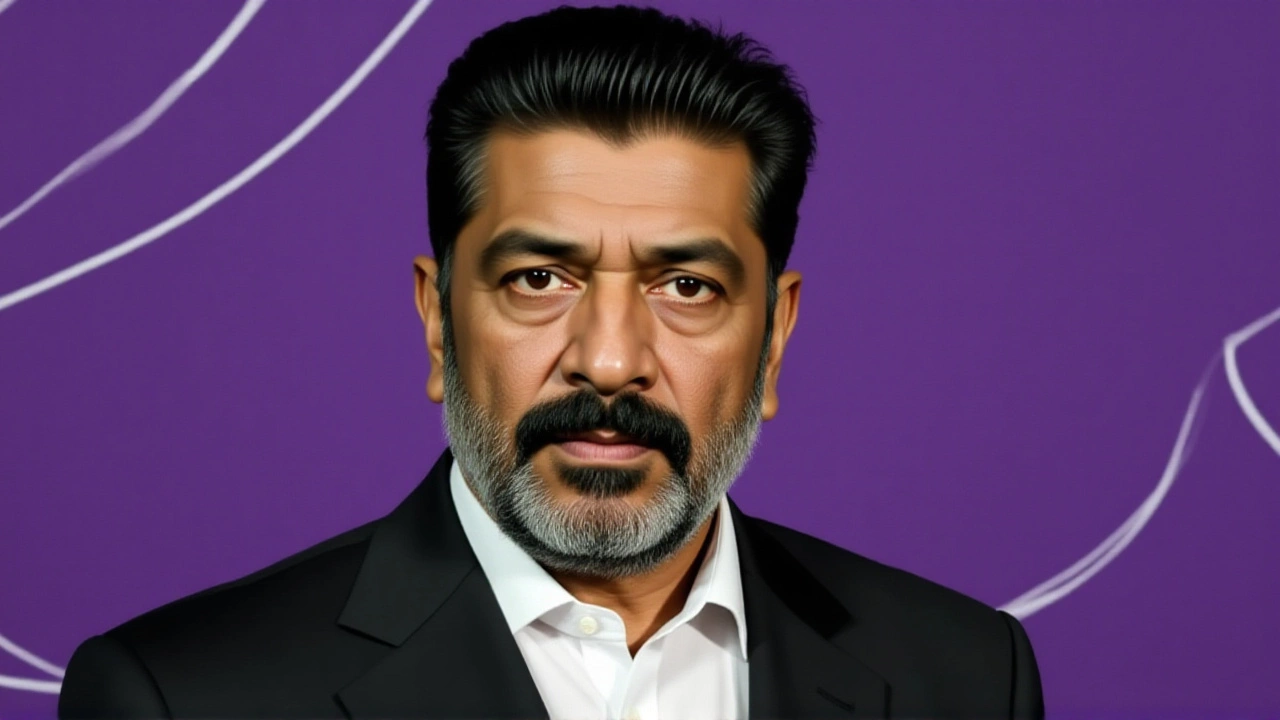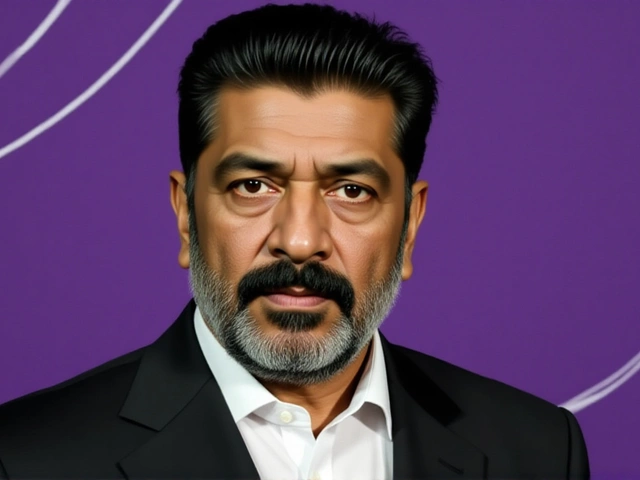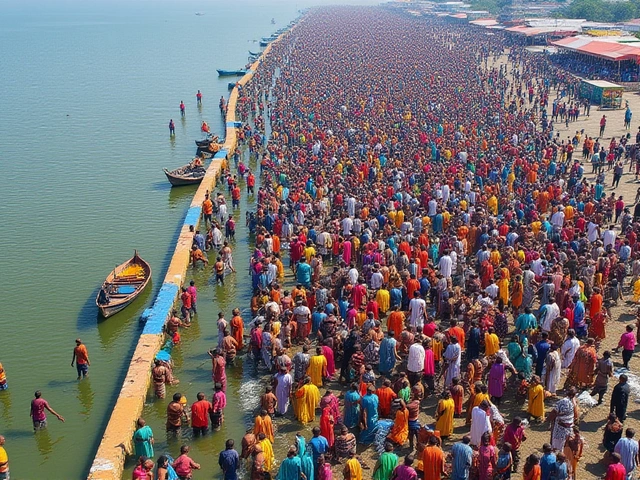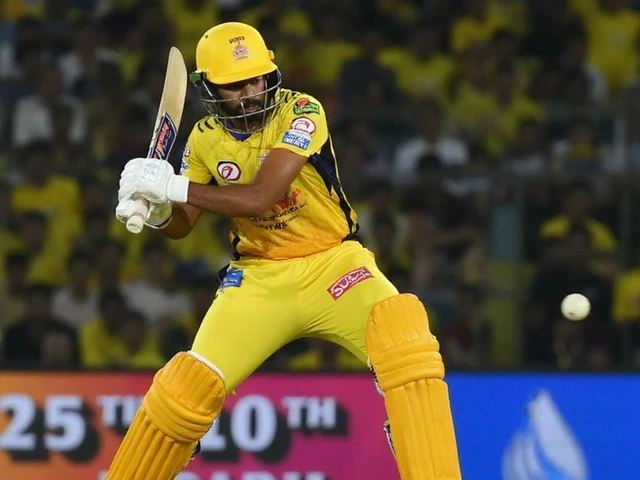Kamal Haasan Reveals He Became a Barber to Insult His Mother—Until Balachander Changed His Fate
When Kamal Haasan picked up a pair of scissors in his early twenties, he wasn’t looking for a career—he was looking for revenge. The now-iconic South Indian actor, born November 7, 1954, in Paramakudi, Tamil Nadu, says he became a barber specifically to insult his mother, Rajalakshmi, who worried he was wasting his potential. "I thought about what would insult her," Haasan told NDTV in October 2023. "She felt I was doing nothing. I was reading paperbacks, watching films. So I became a barber." It wasn’t just rebellion. It was calculated. Haasan, the son of a prominent lawyer, came from a family that valued education and respectability. Barbering, in their social context, was seen as beneath him. "She had diabetes during pregnancy," he noted in a Navbharat Times profile, "and she sacrificed so much for me. I didn’t want to disappoint her—but I didn’t know how to impress her either."
The Barber Who Became a Mentor
The salon where Haasan worked wasn’t just a workplace—it became a portal to destiny. One of his coworkers, a barber with a sharp eye for talent, didn’t just teach him how to trim sideburns. He introduced him to K. Balachander, the legendary Tamil filmmaker who had already reshaped Indian cinema with emotionally raw, socially conscious stories. "He said, ‘You need to meet this man. He’ll understand you,’" Haasan recalled in the Indian Express. "I didn’t know then that he was giving me my life." Balachander, who founded Kavithalaya Productions in Chennai, was known for spotting raw, unconventional talent. When Haasan walked into his office—still smelling of hair tonic and shaving cream—Balachander didn’t see a failed student. He saw a performer who had lived through real pain, not just rehearsed lines.A Life Changed by One Conversation
Haasan’s life hung in the balance. He had no savings, no backup plan. "If I hadn’t followed my guru’s advice," he told the Economic Times, "I would have died penniless driving an auto rickshaw." The statement isn’t hyperbole. Many of his friends from that era, he later said, were brilliant artists who vanished into obscurity—or worse. "They died tragically," he added quietly. "Some from despair. Others from hunger." Balachander didn’t just give Haasan a role—he gave him structure, discipline, and a voice. Within months, Haasan was cast in Apoorva Raagangal (1975), a film that would become a landmark in Tamil cinema. His performance was raw, nuanced, and utterly unforgettable. Critics called it a revelation. His mother, he says, finally stopped worrying.The Film That Borrowed His Story
Years later, Balachander did something extraordinary: he turned Haasan’s story into art. In 1983, he directed the Hindi film Zara Si Zindagi, a remake of his own Tamil hit Varumayin Niram Sivappu. The climax? A young man, rejected by his family, works as a barber—until a director sees his soul in the mirror. "K. Balachander liked my story," Haasan confirmed to News18. "And he used it in the film." It wasn’t just a nod. It was a tribute. The character’s arc mirrored Haasan’s own: humiliation, self-doubt, then transcendence through art. The film’s success cemented Haasan’s place in pan-Indian cinema—and gave Balachander’s legacy an unexpected emotional anchor.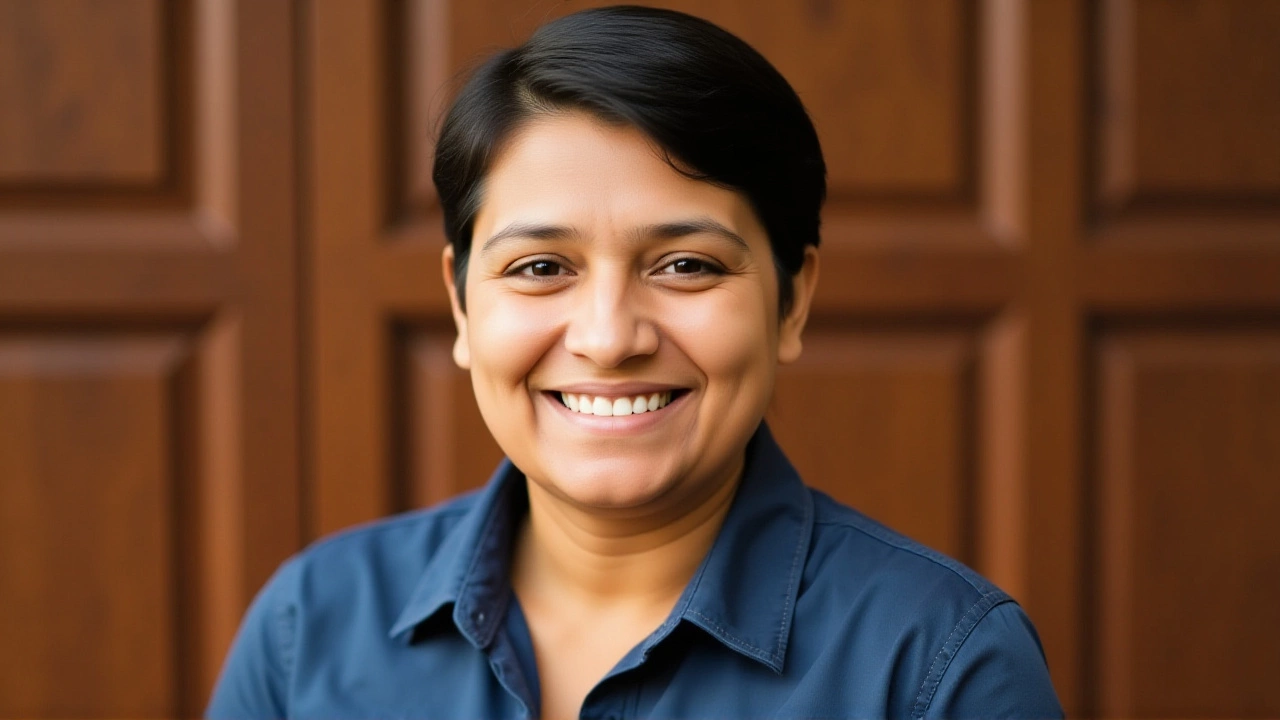
Why This Matters Now
These revelations, shared across Indian media in late 2023, aren’t just nostalgic anecdotes. They’re a reminder of how fragile genius can be. Haasan’s story isn’t about fame—it’s about survival. In a country where family expectations crush so many young dreams, his choice to become a barber was both an act of defiance and a cry for recognition. And it was only because someone—a barber, of all people—saw the fire beneath the rebellion that he didn’t vanish into the background noise of forgotten youth. Today, Haasan is 69. He’s acted in over 500 films, won national awards, directed, written, and even produced political commentary through cinema. But when he talks about those days, his voice softens. "I didn’t know I was training," he said. "I just thought I was being cruel."What Came After
Balachander’s mentorship didn’t end with Apoorva Raagangal. He cast Haasan in a string of groundbreaking films—Moondram Pirai, Avargal, Manal Kayiru—each pushing the boundaries of Tamil storytelling. Haasan, in turn, became the director’s most trusted collaborator, often improvising scenes that became iconic. Their bond lasted until Balachander’s death on December 23, 2014. Haasan still visits his grave every year. "He didn’t just teach me acting," Haasan said in a 2023 interview. "He taught me how to be human."Frequently Asked Questions
Why did Kamal Haasan choose barbering as a form of protest?
Haasan chose barbering because his mother, Rajalakshmi, believed he was wasting his intellectual gifts by reading novels and watching films instead of pursuing a conventional career. Barbering, seen as a low-status job in their social circle, was deliberately selected to provoke her—and reflect his own frustration at being misunderstood. It was less about the job and more about the message: "You think I’m useless? Then watch me do this."
How did K. Balachander discover Kamal Haasan?
A barber who worked alongside Haasan recognized his intensity and charisma, and introduced him to Balachander. The filmmaker, known for seeking unconventional talent, was struck by Haasan’s raw authenticity. Unlike other aspirants who recited scripted monologues, Haasan spoke from lived experience—his voice cracked with real emotion. Balachander cast him in Apoorva Raagangal within weeks.
Is "Zara Si Zindagi" based on Kamal Haasan’s real life?
Yes, the climax of Zara Si Zindagi directly mirrors Haasan’s story: a talented young man, rejected by his family, works as a barber until a filmmaker sees his potential. Balachander confirmed this in interviews, saying he wanted to honor Haasan’s journey. The film’s emotional weight comes from its truth—not fiction. Haasan himself stars in the film, playing the barber-turned-actor.
What impact did this turning point have on Tamil cinema?
Haasan’s rise, guided by Balachander, revolutionized Tamil cinema by bringing psychological depth and social realism to mainstream roles. Before them, heroes were often idealized figures. Haasan portrayed flawed, complex men—teachers, addicts, rebels—whose struggles mirrored everyday Indians. This shift inspired a generation of filmmakers to prioritize character over spectacle.
Did Kamal Haasan ever reconcile with his mother about his early choices?
Yes, after his breakthrough in Apoorva Raagangal, his mother watched the film with tears in her eyes. She later told friends that she realized his "wasted time" was actually preparation. Haasan says she never apologized—but she stopped asking him what he was "going to do with his life." Their bond deepened through cinema, not words.
Could Haasan’s story happen today in India’s film industry?
It’s far less likely. Today’s industry is more structured, with talent scouts, reality shows, and social media platforms offering visibility. But the emotional core—family pressure, financial desperation, the fear of failure—remains. Haasan’s story endures because it’s not about luck. It’s about being seen when you feel invisible. That’s timeless.
